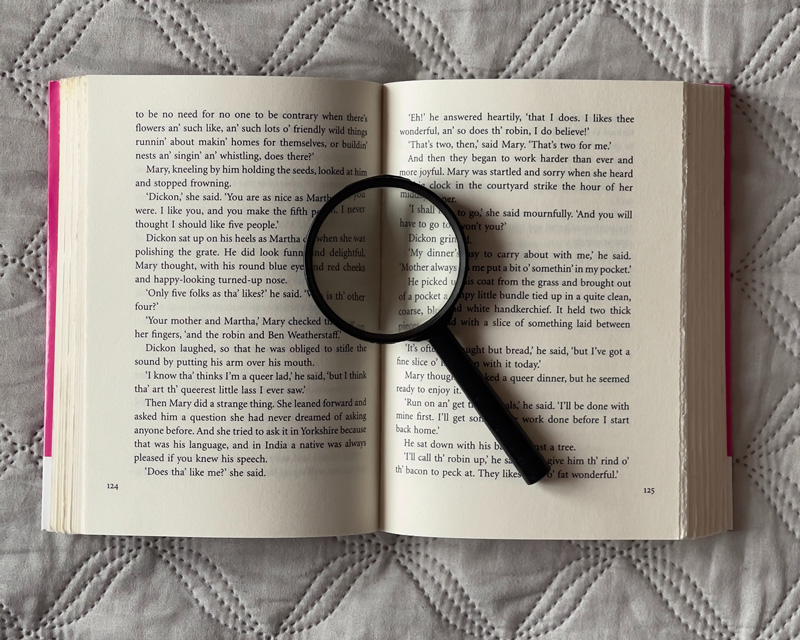Last Updated on April 10, 2023
 Lots of first-time nonfiction authors are thrilled to learn they don't have to write an entire manuscript to acquire an agent and (hopefully) a publisher — they just have to write a book proposal. The snag? “Just” writing a proposal is like “just” designing a house. It requires thinking, visualizing, research, organizing content, and a sales-oriented style of writing that's different from nonfiction prose. Book proposals are essentially a set of architectural plans melded with a movie pitch and a marketing strategy, plus one or two sample chapters thrown in to prove you can deliver the manuscript you're promising.
Lots of first-time nonfiction authors are thrilled to learn they don't have to write an entire manuscript to acquire an agent and (hopefully) a publisher — they just have to write a book proposal. The snag? “Just” writing a proposal is like “just” designing a house. It requires thinking, visualizing, research, organizing content, and a sales-oriented style of writing that's different from nonfiction prose. Book proposals are essentially a set of architectural plans melded with a movie pitch and a marketing strategy, plus one or two sample chapters thrown in to prove you can deliver the manuscript you're promising.
All the effort is worth it if you have an agent ready to present your proposal to the editors most likely to snap it up. If you're a nonfiction author who does not yet have an agent, you can save yourself time and energy by doing what novelists do: sending a query letter to potential agents. In a page or two you'll tantalize the agent with your idea, credibility, platform, and the market for the book. You'll close with, “I'm currently working on a proposal. Would you be interested in seeing it when I'm done?”
To send this letter, you don't need to have written a single word of the proposal. The agents aren't going to get angry and call you a fraud if you can't send it to them instantly. Your query is a time-saver for them, too: They can decline the project if it's clearly not right for them, and if they're intrigued they can ask for more info or offer some preliminary feedback.
The query letter is a shortcut to agent access, but it still demands that you face what you may fear and resent most about writing the proposal: finding potential agents, proving your credibility, outlining your platform, researching the market (and demonstrating that there is one), and boiling your beloved and complex ideas down to a few show-stopping paragraphs.
It can be a daunting reality check as well as a writing challenge. But pass this test and you'll be fortified with the knowledge that you can confidently answer the questions every agent is going to ask about your project. If you're lucky you'll connect with someone who's impressed and wants to see more. Then you've got emotional buy-in — not a guarantee the agent will represent you, but affirmation of the concept and your viability as an author.
Where to start? These links will help you lay the foundation for your nonfiction query letter.
Find potential agents. The time-honored method is to look at the Acknowledgments page of books similar to yours that you admire. The author will thank his or her agent, and then you have the name of the person and something in common —your high regard for that author. In addition to this tactic, you can review directories of agents (which will include descriptions of the types of projects they represent). A good place to start is Publishers Marketplace: Agents.
Prove your credibility. Your query should incorporate a mini-version of your author biography. The author bio is different from a resume, as illuminated in BookBaby's “How to write a great author bio that will connect with readers.”
Outline your platform. What is an author platform, anyway? 50,000 Twitter or Instagram followers? Having connections in your field? It's more complicated but also less formidable than you might imagine. LAEWG member Kate Zentall explains it all in “The Author Platform: What It Is & Why You Need One.”
Research your market. Your market isn't “everyone” or “everyone who's ever been a mom... a teenager... in love... unemployed.” The article “Finding a Target Audience for Your Book in 3 Steps” on Reedsy.com's blog is an excellent primer.
Boil your concept down to a few paragraphs. For style and format, pretend you're writing the jacket copy for your book. Look at some book jackets from similar titles (such as those you'll include in the Comparative Titles section of your proposal) for inspiration. To see examples without visiting a bookstore, use Amazon to identify a specific book's publisher, then go to the publisher's website and search for the title. On the book's page you'll find its descriptive copy.
Everything you research and write for the query letter will be fodder for the actual proposal. Even if the worst happens — no agent is interested in the project as you are currently presenting it — you've received valuable intel. Now you have some choices to make. Refine your idea? Rethink your market? Reconsider the entire enterprise? Armed with some real-world feedback, you're in a better position to make your next move.
- What's the Difference Between a Book Review and a Testimonial? - May 12, 2023
- Should I Use a Pen Name? - October 21, 2021
- Preface, Foreword, Introduction, or Author's Note? - September 25, 2020



